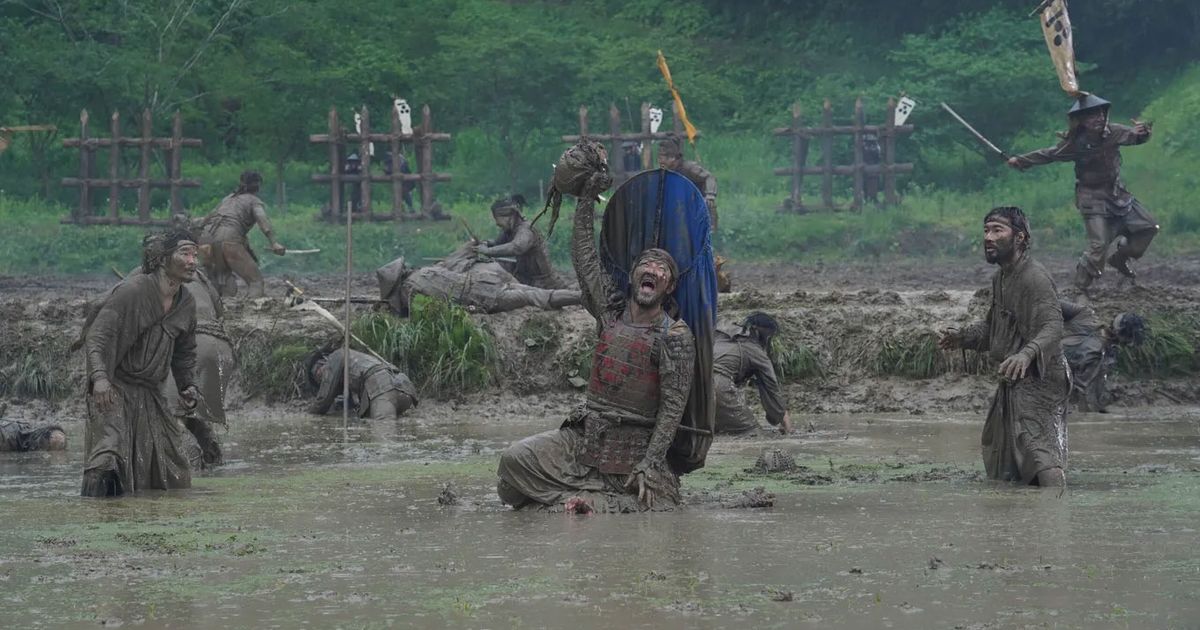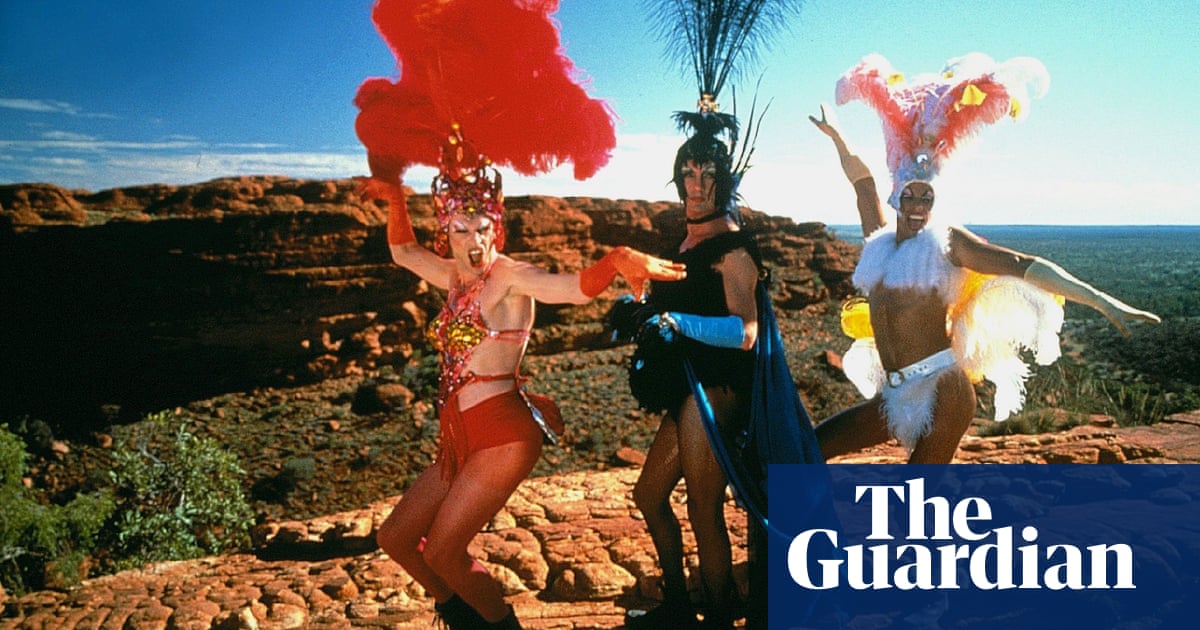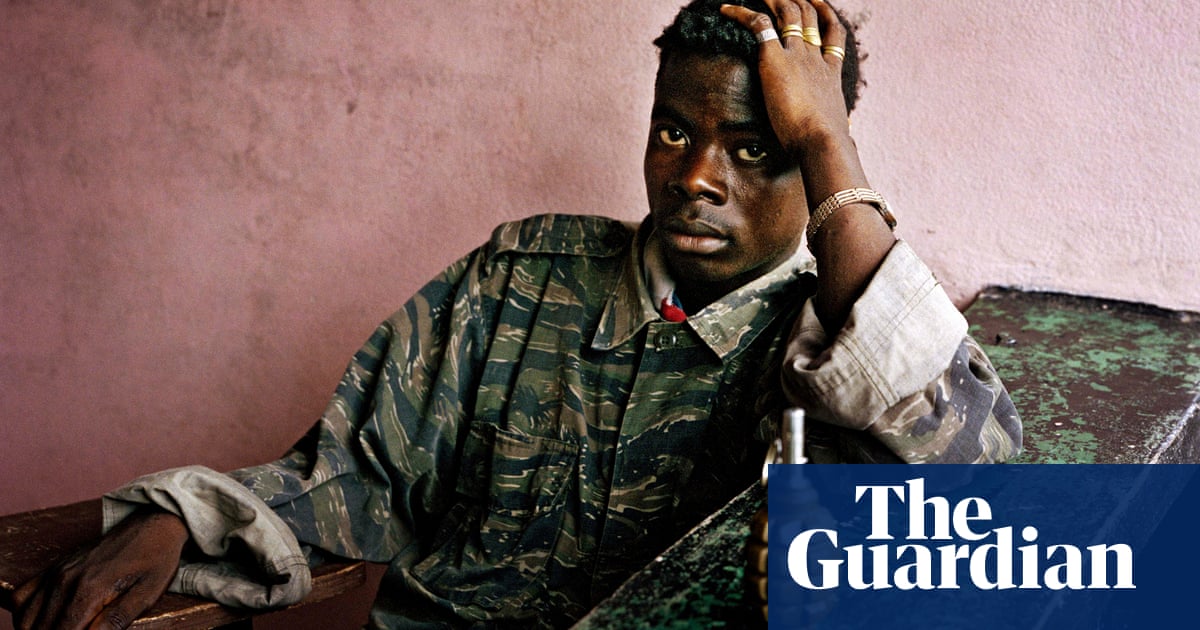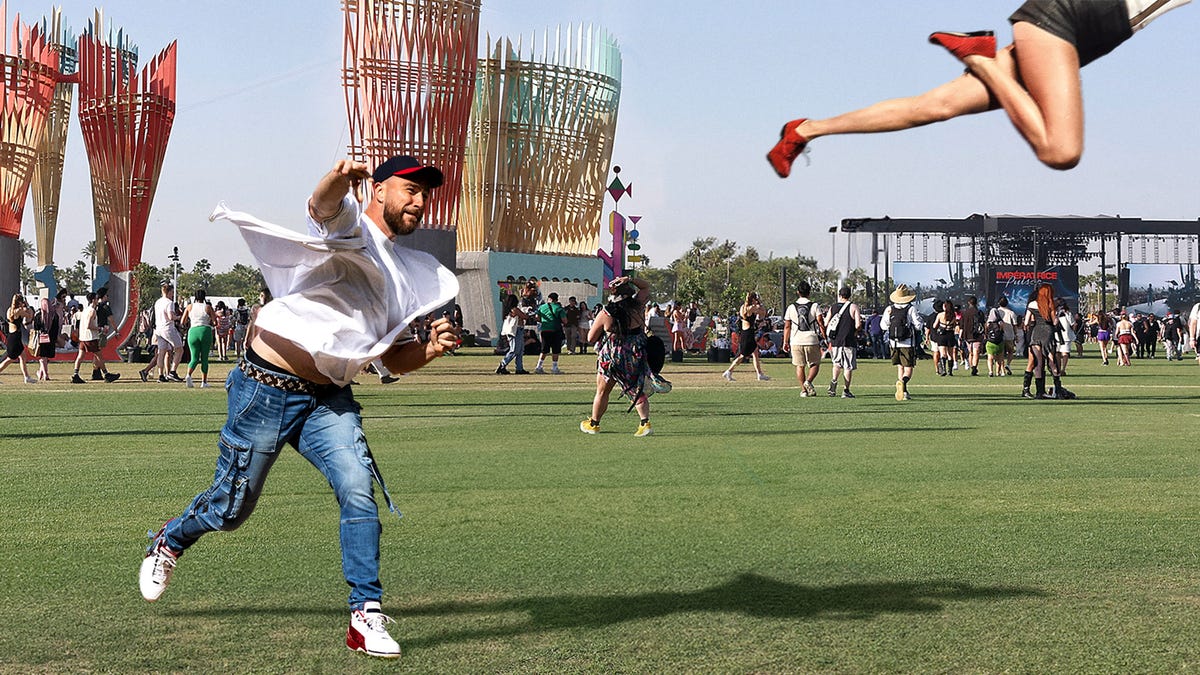
Takeshi Kitano Kills Again
Two Samurai are watching a group of villagers ritualistically flailing, shrieking, and moaning in the moonlight at a rural festival. “What’s this festival about?” one man asks the other. “They pray to die soon so they can be rid of this Earth,” comes the reply. “That is one peculiar village.” “This is one peculiar world.”
Takeshi Kitano’s Kubi is one peculiar movie, a frantic, blood-drenched, star-studded historical epic that has more beheadings per minute than any feature film I’ve seen in a while. (The title, by the way, translates as “Neck.”) It also features disemboweling, spearing, beatings, torture, and poisonings, and at one point one dude forces another to eat a pastry off his sword before kissing him lustily on his bleeding mouth. It’s pretty special.
The Honnō-ji Incident, the violent 1582 ambush of the powerful warlord Oda Nobunaga (Ryo Kase) by one of his own generals, Akechi Mitsuhide (Hidetoshi Nishijima), is a historical event that has inspired a number of works, with many speculating about the reasons for Mitsuhide’s betrayal of Nobunaga. In Kitano’s retelling, it had at least something to do with the fact that Mitsuhide and Nobunaga were lovers and that Mitsuhide also had a thing going on with Araki Murashige (Ken’ichi Endô), another outcast general who had turned on Nobunaga. In Kubi, sexual desire isn’t the main reason for the treachery, but it does supercharge it: Who actually cares for whom and who’s merely using whom merely for sex are questions on the characters’ minds.
The film’s opening image, focusing on some crabs making their way out of the bloodied neck of a headless corpse, might be the most peaceful of the entire picture.
The double- and triple-crosses among Nobunaga’s generals — don’t worry if you can’t keep track of everything, as the sheer density of treachery up and down the class order is kind of the point here — are enough to make your head spin. In this, these warlords perhaps reflect their own master’s sadism, as Nobunaga is abusive, loud, and cruel, the kind of leader who will scream at his retainers to kill themselves (and each other) as a test of their loyalty. (Ryo Kase plays him as a whirlwind of spite and glee, frothing with rage one minute, childishly delighting in others’ humiliation, death, and ruin the next.) But there’s also a free-for-all underway to inherit Nobunaga’s power, because he refuses to cede it to his idiot sons. The broad uprising against him comes not from a sense of noble resistance against a petty, vindictive, unstable leader, but rather a chance to rise above everyone else.
Kitano has conjured a universe of such incredible and casual nastiness that we yearn for some nobility and loyalty, or even some modicum of decency. Early on, as the entire Araki clan is being beheaded in response to Murashige’s failed rebellion, two peasant bystanders note with bemusement that one of the women about to be executed is pregnant. And then — whap. The film’s opening image, focusing on some crabs making their way out of the bloodied neck of a headless corpse, might be the most peaceful of the entire picture. Within this context, the relationship between the calm, collected Mitsuhide and the wide-eyed, longing Murashige feels bracing and tender, at least at first. We latch onto them, even if ultimately they too are out for themselves.
Kitano, now 76, has had a long and varied career — as a director, an action star, a visual artist, talk-show host, comedian, you name it — which also makes each new effort so unpredictable. His golden period, when he made unquantifiable, meditative, sometimes surreal reflections on violence like Sonatine (1993) and Fireworks (1997), played with the eclecticism of his persona. “It’s rare for a director to get wilder as they age,” observed my friend, the filmmaker Paul Duane, recently when discussing Kitano. When we talk of “late style,” we generally think of movies that are stripped-down, austere, deliberately paced; Kitano seems to be going in the opposite direction, god bless him. The impressively budgeted Kubi is his first feature in seven years and his first at Cannes since 2010’s Outrage, which I once called “the Salo of Yakuza pictures.” He has always had a penchant for violence, but he seems to have entered a particularly despairing period, creating works whose relentlessness and absurd body counts serve as their own form of reflection.




































































